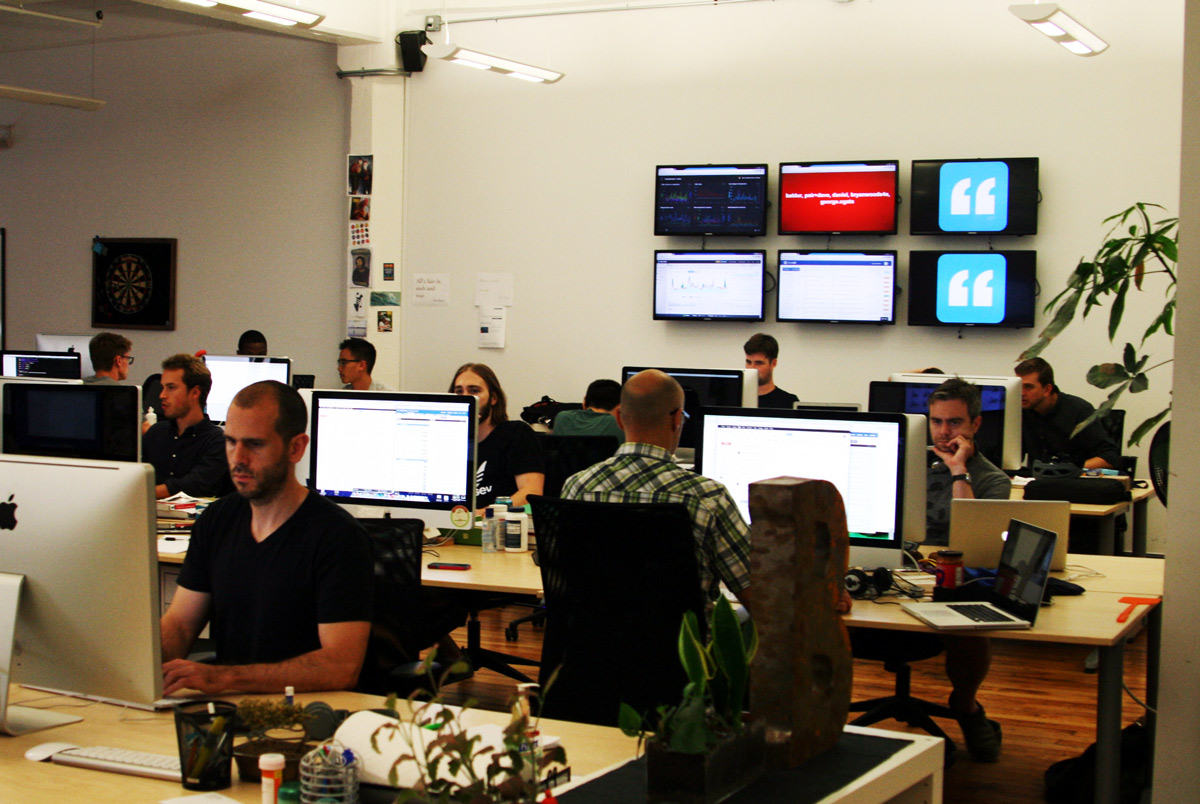Don’t get hung up on smart cities as a futuristic concept: The real smart cities are the ones that think about what communities need, then use technology to deliver that efficiently.
That was the takeaway from a panel of smart-city experts convened in Philly by the Knight Foundation on Tuesday, as part of its 2018 Smart Cities Forum.
A panel on the concept of smart cities drew thoughts from newly-minted Philly CIO Mark Wheeler, Harvard Law School professor Susan Crawford, former Boston CIO Jascha Franklin-Hodge and Georgia Tech’s Debra Lam.
Wheeler, who received the permanent appointment last week after eight months as interim Chief Information Officer, posited that any discussion around smart-city implementation has to take a bottom-up approach. A shiny new tech platform isn’t necessarily something the community needs.
“It’s overwhelmingly beneficial to listen to the communities and understand what their needs are,” Wheeler said.
During his opening remarks, Knight Foundation CEO Alberto Ibargüen announced the nonprofit would infuse $5 million into self-driving vehicle initiatives across five cities: Pittsburgh, Pa., Detroit, Mich., Miami, San Jose, Calif., and Long Beach, Calif.
In Philly, though, Wheeler said access to autonomous vehicles in public transit might not be as top-of-mind for citizens. Rather, they might be more concerned with access to reliable transportation.
With backing from the Knight foundation, the City of Philadelphia has been working since last year to lay out its roadmap for smart-city technology. For Wheeler, the lasting impact of these tools lies in connecting local government to its citizens.
“We could actually use it to build trust in government,” Wheeler said. “In communities that have problems getting licenses, or accessing 911, we can be intentional about the fact that we’re trying to respond to their needs as best we can.”







